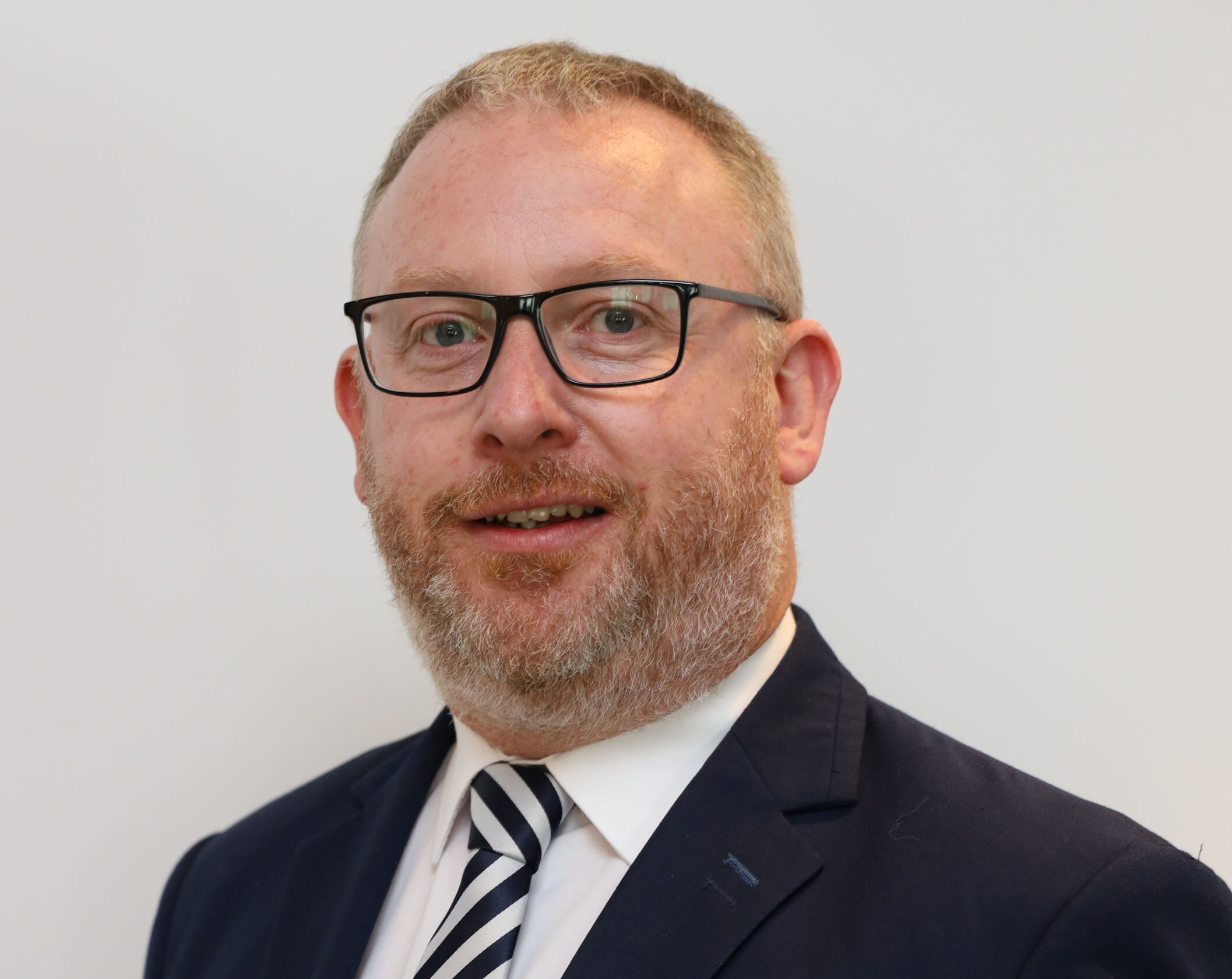Carbon removal certification framework discussed at Brussels Forum

ICOS Bioeconomy Executive, John Brosnan, attended the European Commission’s 2nd meeting of the Carbon Removals Expert Group in Brussels, representing Copa-Cogeca. The theme of this meeting was the mapping of Carbon Farming certification methodologies, so existing voluntary carbon farming schemes were examined by the Commission and the various approached were outlined and discussed.
The remit of this expert group is to debate the carbon removals certification framework from the point of view of the certification methodologies rather than how the certificates will eventually be used. The robustness of any chosen methodology is crucial, this will be assessed through ‘QU.A.L.ITY’ criteria (the removal is Quantifiable, Additional, Long-term storage capability and encompasses overall Sustainability).
The discussion at this week’s meeting focused on how to measure, report and verify carbon removed (MRV) ‘through nature’ by way of carbon farming in agriculture, removals in forestry and in peatlands. Existing voluntary carbon certification schemes were presented, and the various approaches were detailed on how to measure the activities – by modelling, by earth observation (satellite or LIDAR), or through ‘ground proofing or truthing’ via soil sampling, or indeed a mix of some or all methods.
The work of the expert group will continue in October with the next meeting focussing on removals through technology or direct air carbon capture and storage (DACCS) and removals through bioenergy (BECCS), this meeting will also address long-term storage in long lasting products or geology.
Expert group member John Brosnan said: “The work will continue in 2024 where the scoping papers will be developed and discussed before final policy recommendations are presented. It is expected that the Carbon Removals Certification Framework will be recommended for adoption in the lifetime of the current Parliament. As this proposal interacts with how we will use land for production and proposed ‘ecosystem services’, it is of great interest to ICOS and COPA-COGECA.”